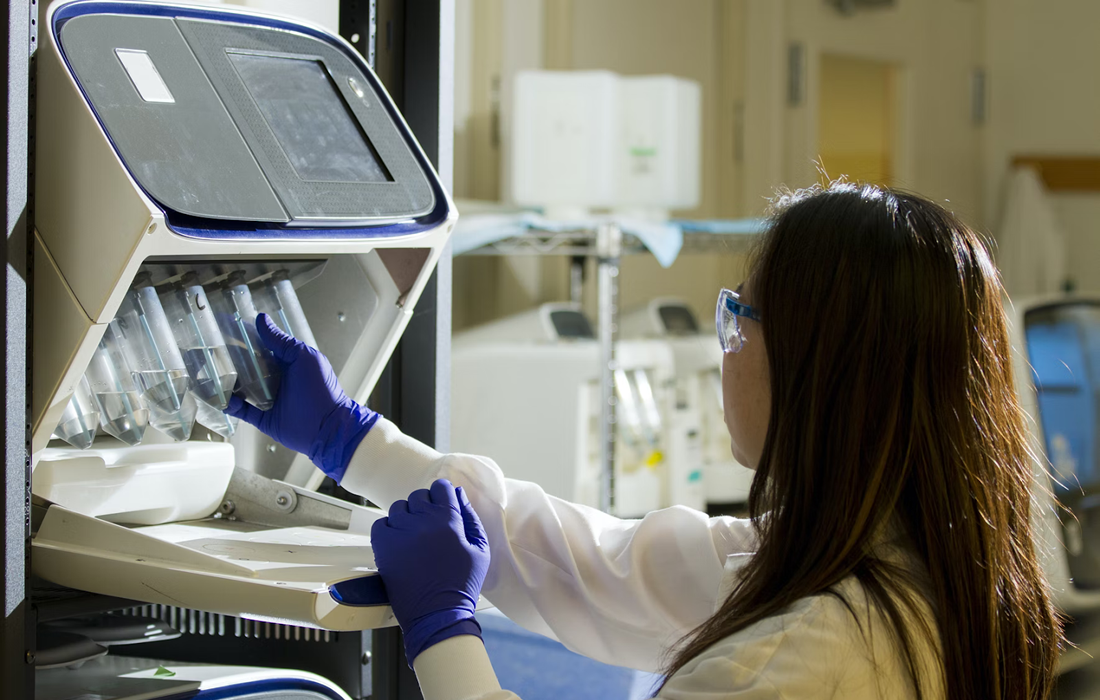Regenerative Medicine News and General Information
Machine Learning For Antibiotic Prescriptions To Decrease Resistance
Antibiotics can be a double-edged sword, they are essential to curing bacterial infections but their use also promotes the appearance and proliferation of antibiotic-resistant bacteria.
In a recently published study, researchers from the Technion-Israel Institute of Technology used genomic sequencing techniques and machine learning analysis of patient records to develop an antibiotic prescribing algorithm that can cut the risk of emergence of antibiotic resistance by 50%. The results appear in the journal Science.
The researchers focused on 2 very common bacterial infections, urinary tract infections and wound infections. They described how each patient’s past infection history can be used to choose the best antibiotic to prescribe to reduce the chances of antibiotic resistance emerging.
The key to the success of the approach was understanding that the emergence of antibiotic resistance could be predicted in individual patients’ infections. Bacteria can evolve by randomly acquiring mutations that make them resistant, but the randomness of the process makes it hard to predict and to avoid. The researchers also found that in the majority of patients’ infections resistance was not acquired by random mutations, and that it emerged due to reinfection by existing resistant bacteria from the patient’s own microbiome.
With this in mind, they proposed matching an antibiotic not only to the susceptibility of the bacteria causing the infection, but also to the bacteria in their microbiome that could replace it.
As most infections are seeded from a patient’s own microbiota, these resistance-gaining recurrences can be predicted using the patient’s past infection history and minimized by machine learning–personalized antibiotic recommendations, offering a means to reduce the emergence and spread of resistant pathogens.
Sources:
Technion-Israel Institute of Technology. “Machine learning antibiotic prescriptions can help minimize resistance spread.” ScienceDaily. ScienceDaily, 26 February 2022. <www.sciencedaily.com/releases/2022/02/220225100232.htm>.
Mathew Stracy, Olga Snitser, Idan Yelin, Yara Amer, Miriam Parizade, Rachel Katz, Galit Rimler, Tamar Wolf, Esma Herzel, Gideon Koren, Jacob Kuint, Betsy Foxman, Gabriel Chodick, Varda Shalev, Roy Kishony. Minimizing treatment-induced emergence of antibiotic resistance in bacterial infections. Science, 2022; 375 (6583): 889 DOI: 10.1126/science.abg9868
Image from:
Photo by National Cancer Institute on Unsplash

